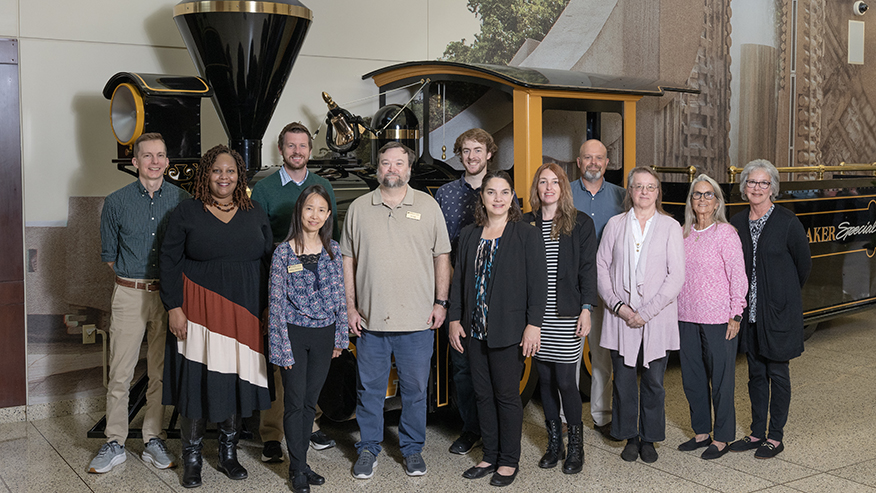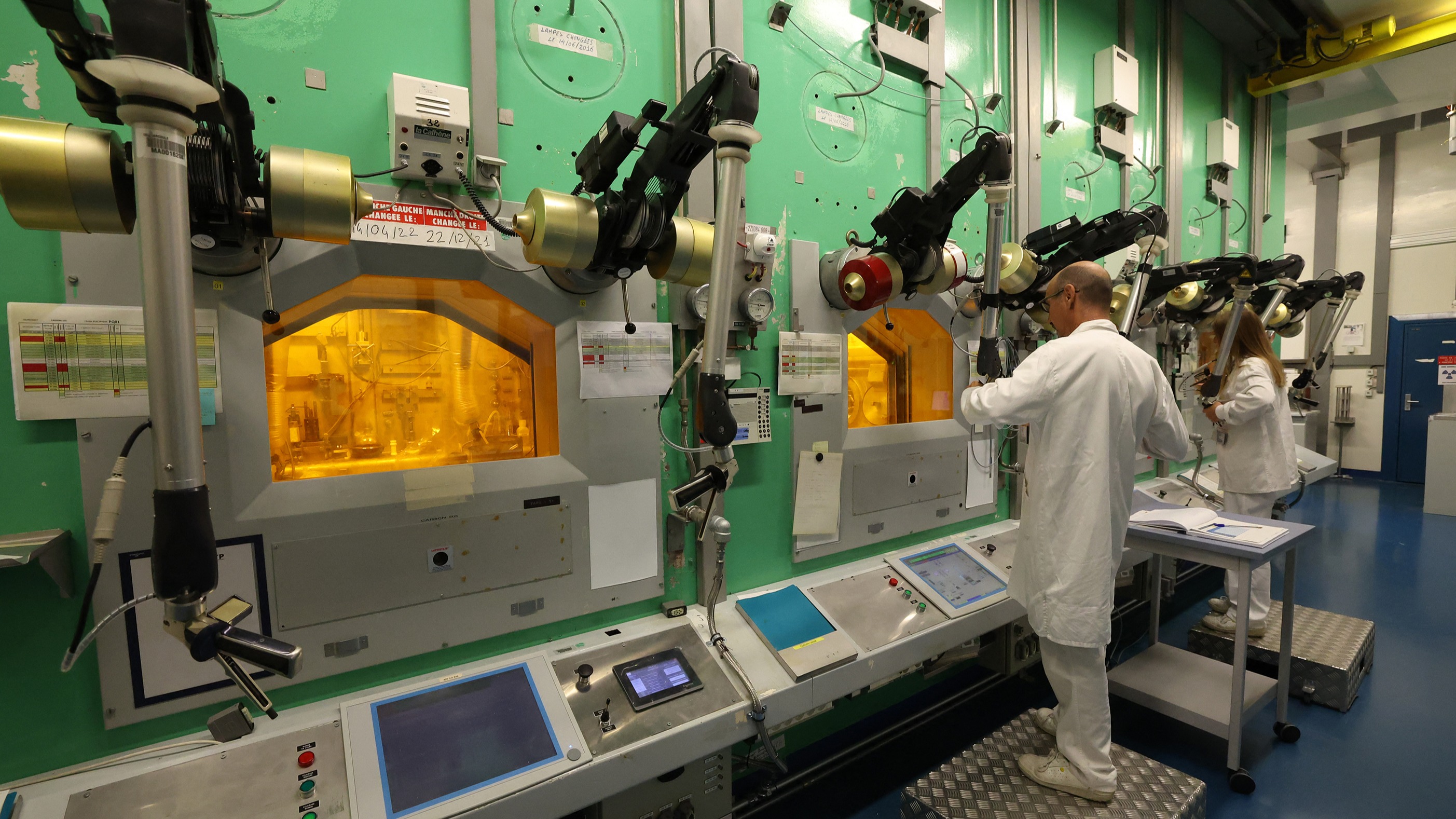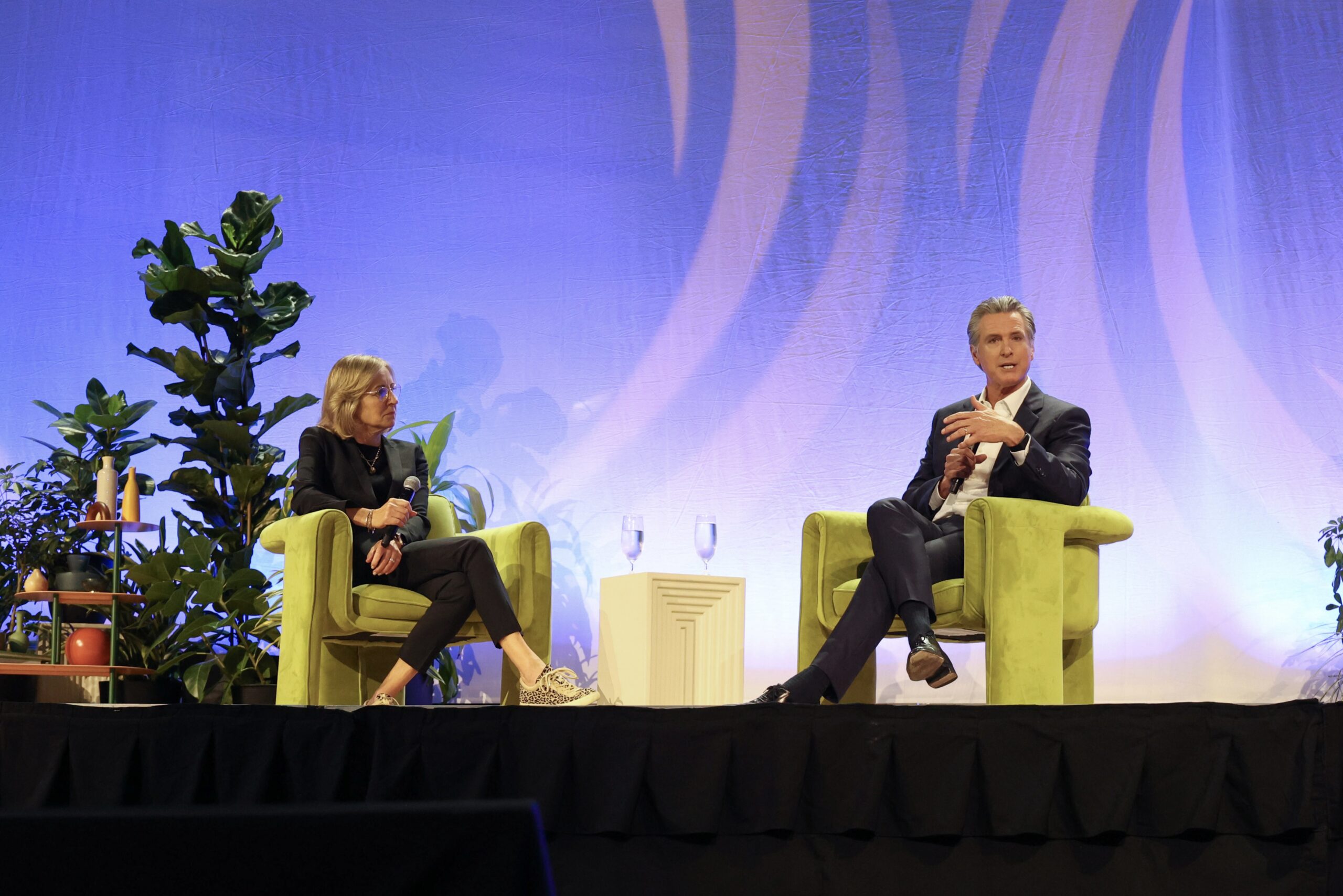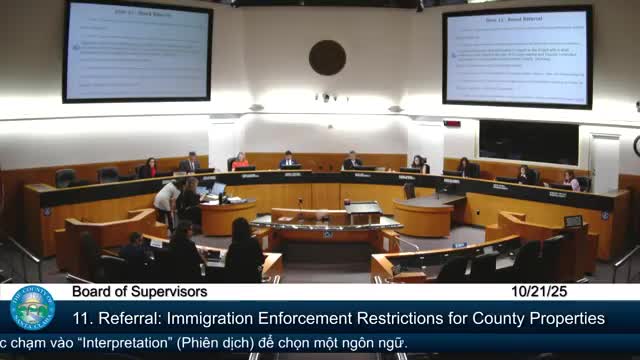Report on the Purdue University Center for Career Opportunities (CCO) and its Contribution to Sustainable Development Goals
Executive Summary: Aligning Career Services with Global Goals
The Purdue University Center for Career Opportunities (CCO) operates as a critical institutional asset, preparing students for postgraduate success. The Center’s mission is fundamentally aligned with several United Nations Sustainable Development Goals (SDGs), primarily focusing on providing Quality Education (SDG 4), promoting Decent Work and Economic Growth (SDG 8), Reducing Inequalities (SDG 10), and fostering Partnerships for the Goals (SDG 17). This report outlines the CCO’s strategic functions and evaluates their impact through the lens of these global objectives.
Core Operational Pillars and SDG Integration
The CCO is structured around five strategic areas, each contributing directly to specific SDG targets. The collective impact of these pillars is the empowerment of students with the necessary skills and opportunities for lifelong career success.
-
Employer Engagement: Fostering SDG 8 and SDG 17
The employer engagement team actively cultivates a network of industry partners, reducing barriers to recruitment. This function directly supports SDG 17 (Partnerships for the Goals) by connecting the academic institution with the private sector. By facilitating access to employment opportunities, the team makes a significant contribution to SDG 8 (Decent Work and Economic Growth).
- In the previous year, the team facilitated 37 career events.
- These events provided students with access to 1,655 unique employers, creating pathways to productive employment.
-
Campus Partnerships: Strengthening SDG 4 through SDG 17
This team exemplifies an internal partnership model (SDG 17) by creating the Purdue career ecosystem, a 170-member cohort of campus employees. By equipping faculty and staff with resources for career readiness conversations, the CCO ensures that the principles of career development are embedded throughout the educational experience, thereby enhancing the delivery of Quality Education (SDG 4).
-
Career Development Programming: Delivering on SDG 4 and SDG 8
The career development area provides student-centered programming that directly addresses SDG 4.4, which aims to increase the number of youths and adults with relevant skills for employment. By preparing students for the workforce, this pillar also contributes to SDG 8.6, which seeks to reduce the proportion of youth not in employment, education, or training.
- During the 2024-25 academic year, the team delivered 244 classroom presentations and 94 workshops.
- Programming reached a total audience of nearly 13,000 students, covering topics from networking to job offer negotiation.
-
Pre-Professional Advising: Promoting SDG 10
Specialized support for students pursuing professional school in law or healthcare works to reduce inequalities (SDG 10). By demystifying complex application processes and connecting students with recruiters, this service ensures that students from all backgrounds have an equitable opportunity to pursue advanced degrees and high-skilled professions.
Measuring Success through SDG-Aligned Outcomes
The CCO measures its performance based on student outcomes, which are intrinsically linked to SDG targets. Success is defined by a student’s preparedness to enter the global workforce, equipped with the skills and confidence to secure decent work.
- Student Empowerment: Graduates are prepared to apply their skills in professional roles, contributing to sustained and inclusive economic growth (SDG 8).
- Equitable Access: All students are provided with the tools and access to opportunities, supporting the goal of reduced inequalities (SDG 10).
- Skill Acquisition: The CCO’s work ensures students gain practical, career-oriented skills, fulfilling a key target of Quality Education (SDG 4).
Future Commitments to Sustainable Development
The CCO plans to expand its resources to further its commitment to the SDGs. Forthcoming initiatives are designed to enhance the accessibility and quality of career services for all students.
- A unified career services platform will improve equitable access to information and opportunities (SDG 10).
- New strategic programming will continue to advance the CCO’s contribution to quality education and decent work outcomes (SDG 4, SDG 8).
- A new council designed to meet the needs of each university college will strengthen institutional partnerships for sustainable development (SDG 17).
Analysis of the Article in Relation to Sustainable Development Goals
1. Which SDGs are addressed or connected to the issues highlighted in the article?
-
SDG 4: Quality Education
The article focuses on the Center for Career Opportunities (CCO) at Purdue University, which works to enhance the educational experience by preparing students for life after graduation. This directly aligns with SDG 4’s aim to ensure inclusive and equitable quality education and promote lifelong learning opportunities. The CCO’s services, such as workshops and coaching, add a practical, career-oriented dimension to the university’s academic offerings, thereby improving the overall quality and relevance of the education provided.
-
SDG 8: Decent Work and Economic Growth
The core mission of the CCO is to facilitate students’ transition into the workforce. By “creating pathways that empower students to discover, develop and launch careers,” the CCO directly contributes to achieving full and productive employment for its graduates. The article highlights activities like connecting students with employers, preparing them for interviews, and helping with job offer negotiations, all of which are central to promoting sustained, inclusive, and sustainable economic growth and decent work for all.
-
SDG 17: Partnerships for the Goals
The article emphasizes the CCO’s collaborative approach. It describes how the “employer engagement team” cultivates a “dynamic employer network” and how the “campus partnerships team” works with a “170-member cohort of employees” across the university. This multi-stakeholder model, which brings together the university, private sector employers, and various internal departments, exemplifies the spirit of SDG 17, which encourages partnerships to achieve sustainable development.
2. What specific targets under those SDGs can be identified based on the article’s content?
-
Target 4.4: Relevant Skills for Employment
Under SDG 4, Target 4.4 aims to “substantially increase the number of youth and adults who have relevant skills, including technical and vocational skills, for employment, decent jobs and entrepreneurship.” The CCO’s work is a direct implementation of this target. The article states that the CCO holds workshops and presentations on topics like “career fair preparation to networking and job offer negotiation strategies,” which are crucial skills for securing employment. The goal is to ensure students “know how to talk about themselves and how to apply their skills and abilities in career-type roles.”
-
Target 8.6: Reduce the proportion of youth not in employment, education or training (NEET)
Under SDG 8, Target 8.6 focuses on reducing the percentage of young people who are unemployed and not in education or training. The CCO’s entire purpose is to prevent graduates from falling into this category. By providing guidance, resources, and connections to “1,655 different employers,” the center actively works to ensure students secure “a competitive internship,” “a dream job,” or “a spot in a postgraduate program,” thereby directly addressing the challenge of youth unemployment.
-
Target 17.17: Encourage and promote effective partnerships
Under SDG 17, Target 17.17 promotes “effective public, public-private and civil society partnerships.” The CCO’s operational model is built on such partnerships. The article details the CCO’s work in cultivating an “employer network” (a public-private partnership) and managing the “Purdue career ecosystem” (an internal, cross-departmental partnership). These collaborations are essential for connecting students with opportunities and are a clear example of the partnership model advocated by this target.
3. Are there any indicators mentioned or implied in the article that can be used to measure progress towards the identified targets?
-
Indicators for Target 4.4 (Relevant Skills for Employment)
The article provides specific quantitative data that can serve as indicators for measuring the reach and impact of skills development activities.
- Number of students reached: The article mentions that CCO programming reached a “total audience of nearly 13,000 students” during the 2024-25 academic year.
- Volume of training activities: It specifies that employees “gave 244 presentations and hosted 94 workshops.” These figures can be used to track the scale of the CCO’s educational efforts.
-
Indicators for Target 8.6 (Youth Employment)
While the article does not provide a specific employment rate, it strongly implies that student outcomes are the primary metric for success.
- Student employment and placement rates (Implied): The article states, “the ultimate measure of their performance rests on student outcomes.” This suggests that the CCO tracks the success of its students in securing jobs or postgraduate positions, which is a direct indicator for Target 8.6.
-
Indicators for Target 17.17 (Partnerships)
The article offers concrete numbers that quantify the scale of the CCO’s partnership-building efforts.
- Number of industry partners: The CCO gave students “access to 1,655 different employers” through career fairs.
- Number of partnership events: The team “facilitated 37 events” (career fairs) in the last year.
- Number of internal partners: The campus partnership team manages a “170-member cohort of employees” that constitutes the Purdue career ecosystem.
4. Summary Table of SDGs, Targets, and Indicators
| SDGs | Targets | Indicators |
|---|---|---|
| SDG 4: Quality Education | Target 4.4: By 2030, substantially increase the number of youth and adults who have relevant skills, including technical and vocational skills, for employment, decent jobs and entrepreneurship. |
|
| SDG 8: Decent Work and Economic Growth | Target 8.6: By 2020, substantially reduce the proportion of youth not in employment, education or training. |
|
| SDG 17: Partnerships for the Goals | Target 17.17: Encourage and promote effective public, public-private and civil society partnerships, building on the experience and resourcing strategies of partnerships. |
|
Source: purdue.edu







